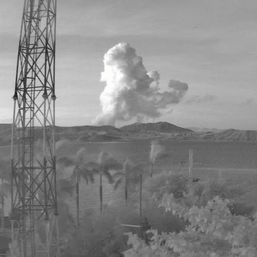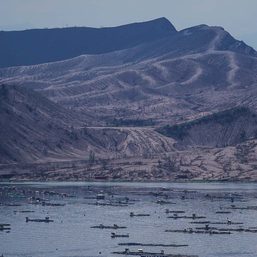SUMMARY
This is AI generated summarization, which may have errors. For context, always refer to the full article.
MANILA, Philippines – Despite continued threats and censorship, netizens around the world are continuously fighting to defend freedom in the Internet, as the world marks the World Day Against Cyber-Censorship.
“We pay tribute to the ordinary citizens who often risk their lives or their freedom to keep us informed and to ensure that often brutal crackdowns do not take place without the outside world knowing,” international media group Reporters Without Borders (Reporters sans frontieres, RSF) said Monday, March 12.
RSF cited the increasing importance of Internet and online social networks as tools to help people organize and circulate information, especially during the uprisings in the Middle East and North Africa last year.
Despite this, many countries have adopted numerous rules that curb Internet freedom, the watchdog said.
“More than ever before, online freedom of expression is now a major foreign and domestic policy issue,” it said.
To mark the day, RSF released a new list of “Enemies of the Internet,” countries who place heavy restrictions on online access and content.
Bahrain and Belarus have joined Burma, China, Cuba, Iran, North Korea, Saudi Arabia, Syria, Turkmenistan, Uzbekistan and Vietnam in the list, citing “often drastic content filtering with access restrictions, tracking of cyber-dissidents and online propaganda.”
“The changes in this list reflect recent developments in online freedom of information,” the group said.
Reversal
Meanwhile, India and Kazakhstan were added to the RSF’s “under surveillance” list. Countries under this list are being monitored closely by the media watchdog group, due to increased restrictions and censorship online.
On the other hand, Venezuela and Libya were both removed from the “under surveillance” list, as Internet freedom in both countries have significantly improved.
It also cited a possible “reversal” of positions between Burma and Thailand, as the Thai government continues to increase restrictions while Burma opens up.
“As online censorship and content filtering continue to accentuate the Internet’s division and digital segregation, solidarity among those who defend a free Internet accessible to all is more essential than ever in order to maintain channels of communication between netizens and to ensure that information continues to circulate,” RSF added. – Rappler.com
Add a comment
How does this make you feel?





There are no comments yet. Add your comment to start the conversation.